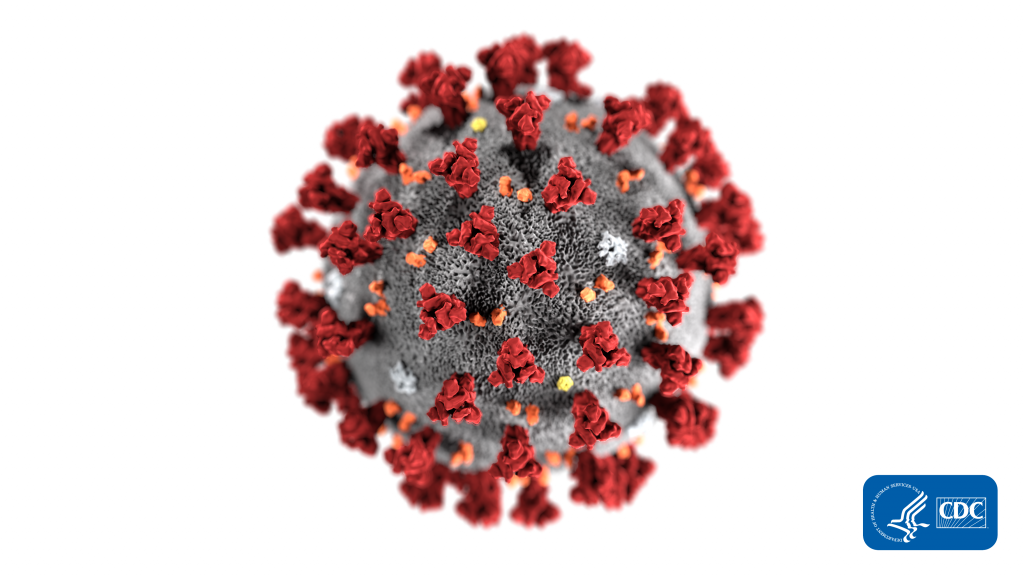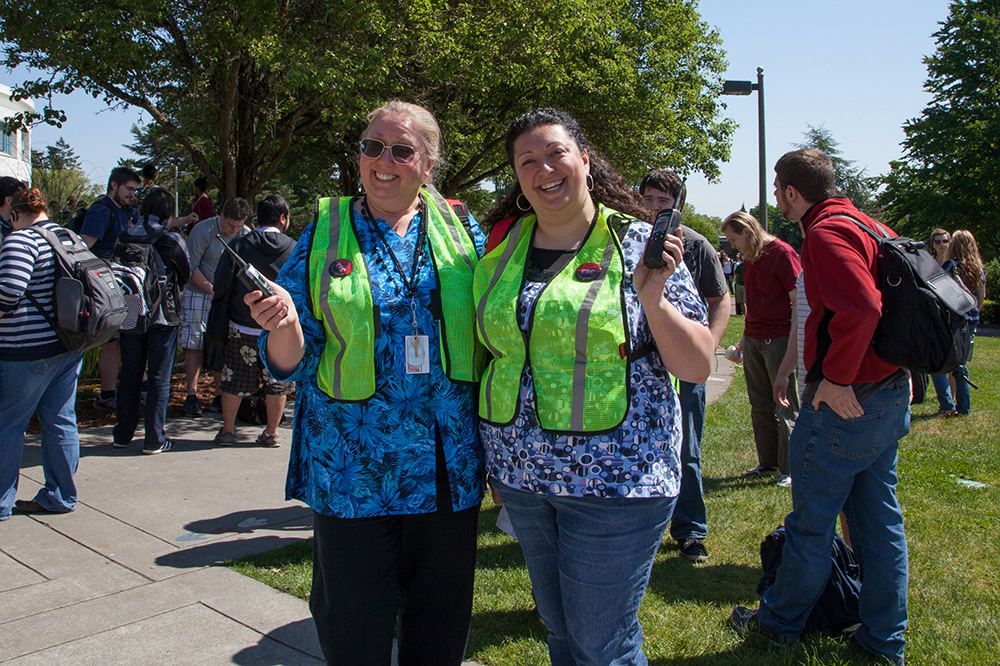Clark College restricts activities on campus due to COVID-19

Clark
College is closely monitoring the outbreak of a respiratory virus called
COVID-19. At this time, there are no cases of COVID-19 in Clark County,
according to Clark County Public Health.
Because the safety of students, staff and faculty is top priority, today the college formally activated its incident response team to identify issues and prepare for possible impacts that could be caused by COVID-19.
The best source for information about Clark College’s response efforts is www.clark.edu/covid-19.
CURRENT STATUS: On March 13, Washington Governor Jay Inslee signed an executive order restricting activity at all community colleges statewide. To slow the spread of COVID-19 and protect public health, Clark College will move to remote operations beginning Tuesday, March 17. The restrictions are in place beginning March 17 through April 24, 2020.
Essential college operations will continue. “Essential college operations” include Security, Student Affairs, Facilities Services, IT, computer labs, Administrative Services, Human Resources, the Bookstore, and the childcare center (CFS). Other employees who can work remotely will do so. If you are an employee who is unsure whether you should report to work in person or remotely, please contact your supervisor.
Ongoing Planning
Clark College is in the process of developing contingency plans for spring quarter, utilizing online learning. More details to be released soon.
We will continue to provide updates on this rapidly developing situation in several ways:
- Text messaging to students, staff and faculty using RAVE
- Emails to college community
- Daily updates at www.clark.edu
- Social media (@ClarkCollege on Twitter, “Clark College – Vancouver, Washington” on Facebook)
Thank you for your understanding and patience as we address this unprecedented situation. We are committed to the safety and well-being of our students, our staff and our faculty.
Clark College is in daily contact with the Clark County Public Health in monitoring the risk associated from COVID-19 and is taking appropriate precautions such as disinfecting high touch surfaces around campus such as doorknobs, handrails and light switches.
Students and staff can help by practicing everyday preventative actions as recommended by the Centers for Disease Control (CDC).
- Wash your hands often with soap and water for at least 20 seconds each time. If soap and water are not available, use an alcohol-based hand sanitizer.
- Avoid touching your eyes, nose, and mouth with unwashed hands.
- Don’t share food and drinks.
- Clean and disinfect shared surfaces and objects that are touched frequently.
- If you can, avoid close contact with anyone with cold or flu-like symptoms.
- Please stay home when you are sick. Do not report to work or attend classes if you are ill. Stay home, rest, and stay hydrated.
The CDC government website is a great resource.
Correct information is a powerful tool and dispels mis-information that can
lead to stigma and discrimination.
While
COVID-19 originated in Wuhan, China, the disease is not specific to any ethnic
group or national origin. The risk of infection is based on exposure to disease
such as travel to an area where the disease is occurring.
Staff and students can help to reduce stigma and discrimination by speaking up if they hear, see or read harassing comments or misinformation.
Everyone is encouraged to rely on trusted sources about the causes of outbreaks from reputable sources such as the Centers for Disease Control and Prevention and the Washington State Department of Health.
Clark College is closely monitoring the situation to make timely and prudent decisions that protect our employees and students. The college will practice an abundance of caution during this period of time.
Clark College will update this article when any relevant developments occur. This article was last updated at 6:59 a.m. on March 15, 2020.
